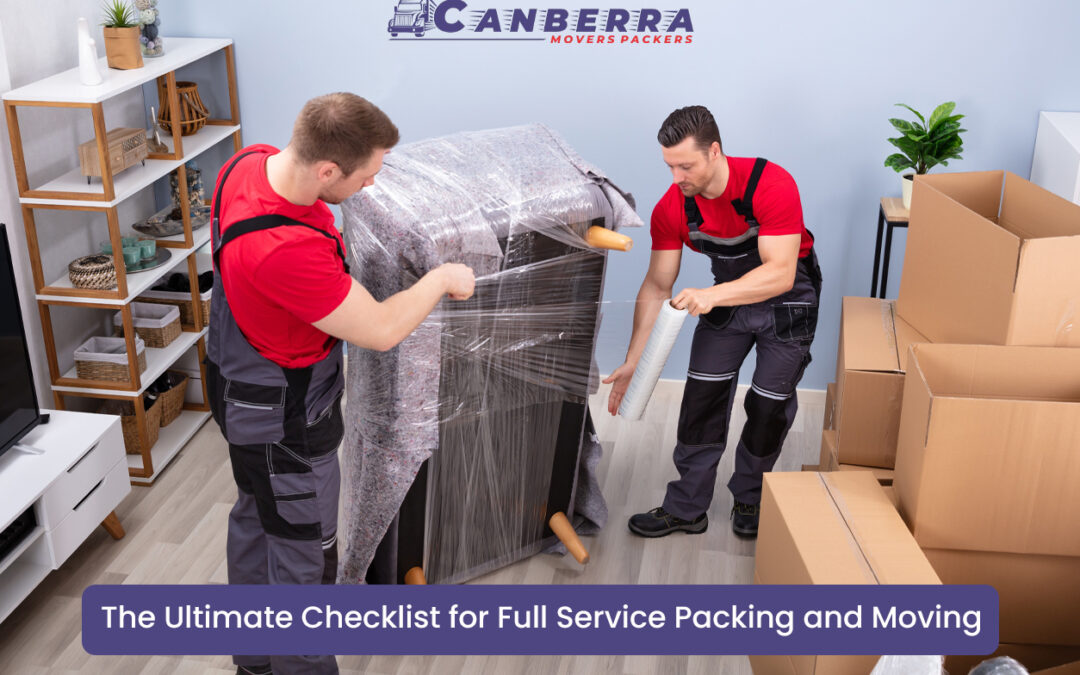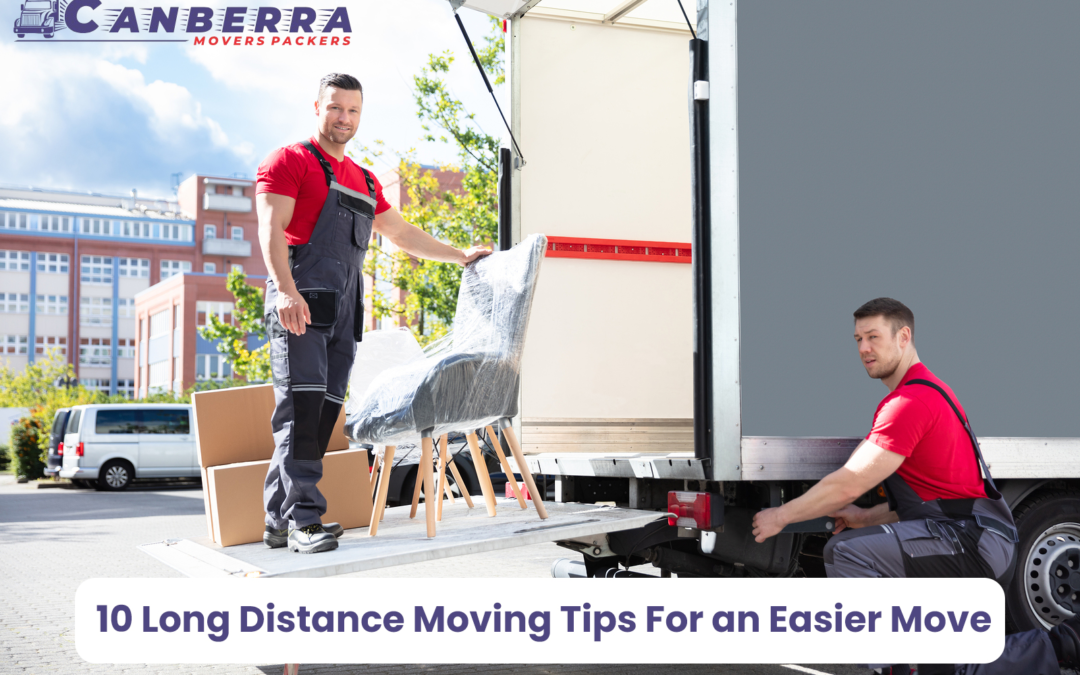You’ll also have to make many decisions, such as what to keep and get rid of. You should be calm because the next office transfer won’t be the most difficult of all relocation obstacles, but you also should keep going because you still have a lot of work to do. When you decide to relocate with a moving company in Canberra, there are specific considerations that you should review.
Pay attention to these 10 steps to make the work easier as you plan, manage, and complete a hassle-free home office relocation.
Things To Remember Before Moving Home Office:
Step 1: Create A Strategy First
You must understand precisely how moving your office inside your house will be accomplished. How will you manage the several phases of shifting your home office to a different residence? Can you round up some PALs to assist you with the move? Or will you have to turn to hire help from the cheapest removals in Canberra? Making a moving checklist for a home office is advised rather than just starting to pack up your office supplies without a strategic plan for how the relocation operation will proceed step by step.
Step 2: Set A Budget
You may need to change it later, but knowing how much you’ll have to pay from the start will be beneficial when speaking with moving companies. Determine your non-negotiables and consider where you may cut back to save money. Consider the purchasing process as well.
Step 3: Prioritize And Arrange
Simply lighten the load; it will be easy for you to pack up the stuff for the move if you transport fewer things. Oh, and you’ll also cut back on the inescapable moving costs. De-clutter your file cabinets because some of the documents within may no longer be necessary or may already be digital.
Step 4: Take Good Care Of Your Books, Files, And Paperwork
Since books are somewhat hefty, go through your home office’s book collection and put the ones you don’t think you’ll ever use or need aside. Likewise, documents that are no longer useful to you should be recycled.
Step 5: Arrange Your Office Supplies
The process of packing your home office is next on the moving checklist. Please don’t put it off till the last minute; instead, begin filling your workplace equipment as soon as possible. Begin by gathering appropriate packing supplies, such as plenty of cardboard boxes (if possible, use the original packaging of your electronic equipment), soft packing paper and bubble wrap for the more fragile goods, some rolls of quality packing tape, and a marker to identify the packed boxes. Next, start by wrapping and boxing your computer and its peripheral devices, then wrapping and boxing any other office equipment you own, such as printers, scanners, copiers, wireless routers, etc.
Step 6: Prefer Downsizing
You might need to move fewer things if you make good use of your pre-move time. Spend time reviewing the inventory in detail and labelling items with throw-away stickers. To avoid feeling overwhelmed, you can purge once a week. If you make a long, methodical effort, you’ll be less likely to throw things away carelessly at the last minute just because you don’t feel like packing.
Step 6: Everything Should Be Labelled
Moving is stressful enough without adding to the chaos by not knowing which boxes hold which items. So do yourself a favour and label each box you pack properly with an indelible marker. In this manner, you can clearly distinguish your printer—a critical item—from those framed images of your pets, which, while necessary, may be secondary.
Step 8: Backup Your Data
Back up all critical data on your computer, and utilize hard drive mirroring software to create a duplicate of your hard disc. Then, if something occurs to your PCs while they are in transportation, you can reproduce your current hard drive on a new machine. To decrease the load, scan some files to digitize them and shred the paper versions.
Step 9: Assign The Moving Role Among Your Teammates
You may want to have one crucial person on your side who spearheads the moving team, or you may want to have a few persons in management positions drive the moving team. It can either be anyone from the family or someone from your team.
Step 10: Conduct A Final Walk space
This is to determine whether any objects were left behind and to record any property damage. Unless you’ve made other arrangements with the property owner or management, this is also the time to turn up all keys and parking cards. It’s a good idea to confirm the lease termination simultaneously.
Things To Do After Move
1. Update Your New Address
Update your new office address on the company website, your financial accounts, social media accounts, subscriptions, and business listings (Google, Yelp, local directories).
2. Unpack And Test Technology
Unpack the necessities and test your phone, computers, servers, printers, and other devices. Troubleshoot as needed to save time while completing business.
3. Set Up Key Departments
Prioritize your essential departments so they can be transferred into the new office first and operational as soon as possible. This could be crucial individuals in a department, such as customer service reps, or central departments that account for a significant portion of your organization, like the manufacturing department. Prioritize critical departments and move them ahead of other departments that can work remotely or flexibly.
4. Celebrate Your New Place
Moving offices is stressful for everyone, including your employees. They deserve some relaxation as well as recognition for their efforts. Budget a little party after the move as a “thank you” for everyone’s help in making it happen and enjoying your new place. You don’t have to be totally set up yet, and it doesn’t have to be anything significant — even a mid-day celebration luncheon somewhere in the first week after relocating will show your team how much you appreciate their assistance and are looking forward to exciting things at the new workplace.
Conclusion
Remember that you want a valuable, enjoyable workspace that inspires you to work more effectively. The steps suggested in this article might be of great use if that is what you want from your new home office setup.
Get In Touch To Make Your Move Smart
Do you want Canberra Movers Packers to be your moving partner? You can reach us by phone at 1800 865 005, by filling out the online form on our website, or by sending an email to info@canberramoverspackers.com.au to help us assist you.
Related Blogs

The Ultimate Checklist for Full Service Packing and Moving
Moving can be a thrilling new beginning, but it can be intimidating and scary. Packing everything...

10 Long Distance Moving Tips For an Easier Move
Moving long distances is, probably, the most stressful period of your life. Indeed, especially...

Moving House Checklist 2025 – Don’t Forget a Thing
Moving into a new house is extremely thrilling, and can get quite chaotic as well. Whether one's...

The Canberra Movers & Packers Team boasts 5+ years of experience writing informative content about moving and packing. Our team of moving experts understands the hassles of relocating to Canberra. Get helpful tips and advice for your move here. We are the #1 Removalists in Canberra.

